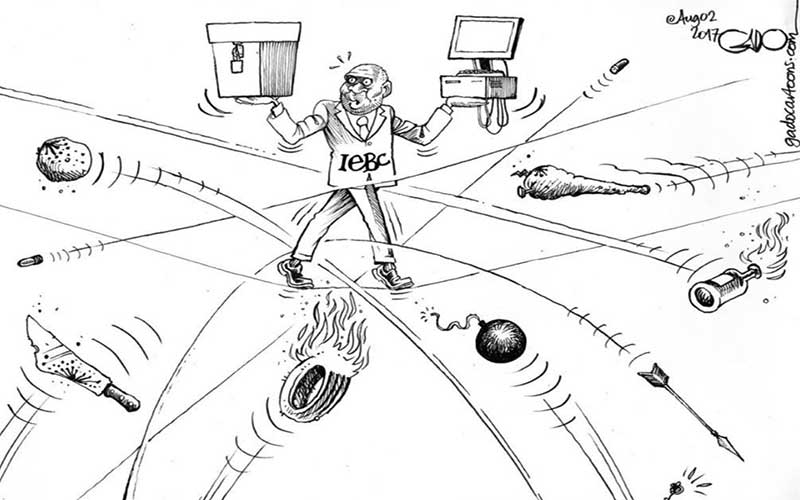×
The Standard e-Paper
Smart Minds Choose Us

Until we fix the way we do elections, so that it is voters rather than counters, spooks or computers that determine our leaders, not even 100 BBIs can fix our problems, and take us away from the brink of disaster. Nothing will change if those in power know that they are the product of theft and do not owe us—voters -- any allegiance.